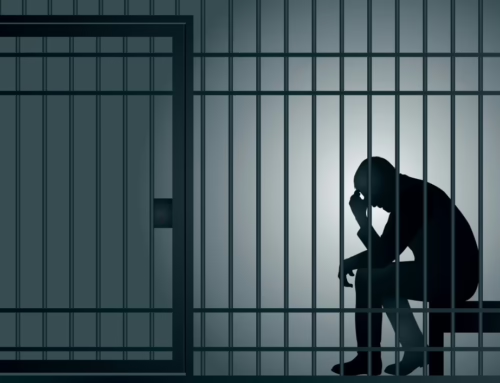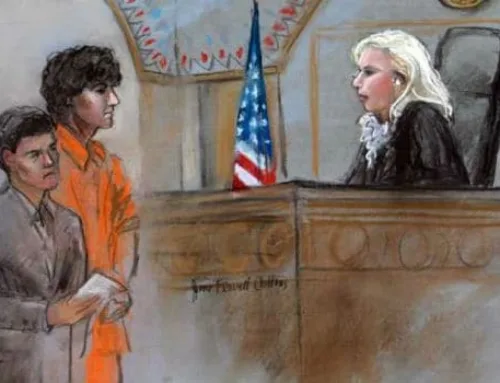
An arraignment is generally a person’s first criminal court appearance following an arrest or an investigation into an alleged Washington crime. The event is an extremely important court appearance for many reasons, and defendants have several rights that deserve protection. If you or a loved one is facing an arraignment for a Washington criminal offense, please contact a skilled criminal defense attorney now for help.
What is an Arraignment in Washington?
An arraignment is one of the earliest events in the life of a Washington State criminal case. An arraignment is usually the first time an accused appears in court after he/she gets arrested and charged with a crime. At this initial court hearing, the following usually takes place:
- the judge advises the defendant of his/her constitutional rights,
- the judge reads the accused the specific criminal charges that the state has filed against him/her,
- the accused enters a plea, and
- the judge will set, modify, reinstate, or exonerate a person’s bail.
As to the entry of a plea, defendants should usually enter a plea of not guilty unless specifically told otherwise by an experienced criminal defense lawyer. Note that once an accused enters a plea at an arraignment, the party will have future opportunities to change that plea. The defendant can even do so without any type of penalties.
During an arraignment, if an accused is to remain out of jail, the judge typically imposes a set of conditions that the defendant must adhere to while his/her criminal case is pending. For example, a judge may require that a defendant have no contact with witnesses or abstain from using drugs or alcohol. A judge might also impose a no-contact order with the alleged victim or order surrender of firearms. A violation of one of these conditions could lead to the defendant’s arrest.
One of the most important issues a judge will consider at arraignment is whether to impose bail, as well as the amount and terms of bail. It is critically important to have counsel who does everything possible to secure the lowest bail amount possible at the outset of the case, as it can be difficult to convince a judge to change the bail after it is initially set.
What are an Accused’s Rights at an Arraignment?
Both the United States Constitution and the Washington State Constitution provide defendants with a variety of rights during arraignments and all other criminal procedures. These rights include:
- the right to be represented by an attorney (which includes the right to be represented by a court-appointed public defender if the accused cannot afford a private criminal defense lawyer),
- the right against self-incrimination (or the right to not implicate oneself in a crime),
- the right to a speedy trial,
- the right to a trial by jury, and
- the right to produce and confront witnesses.
What Happens if a Defendant Fails to Appear at an Arraignment?
If a defendant is placed in jail after an arrest, law enforcement will bring the party to an arraignment. However, if a person was released by police after an arrest, the party will receive information concerning the day and time of his/her arraignment. If the accused or his/her attorney fails to appear, the court will generally issue a bench warrant. A Washington bench warrant authorizes police to arrest the accused and bring him/her directly to court. Note that failing to appear is also a separate criminal offense from the crime for which the defendant has to appear in court for.
Contact Black & Askerov for Help
If you or a loved one is facing an arraignment, you should contact a skilled criminal defense attorney for representation. The experienced criminal defense attorneys at Black & Askerov have over 25 years of combined experience representing clients at arraignment proceedings. Our Seattle criminal defense lawyers have the skill and commitment that makes all the difference in Washington criminal cases and investigations. Our attorneys will fight tooth and nail for you at every step of your case. Contact us now to get the legal help you deserve!





